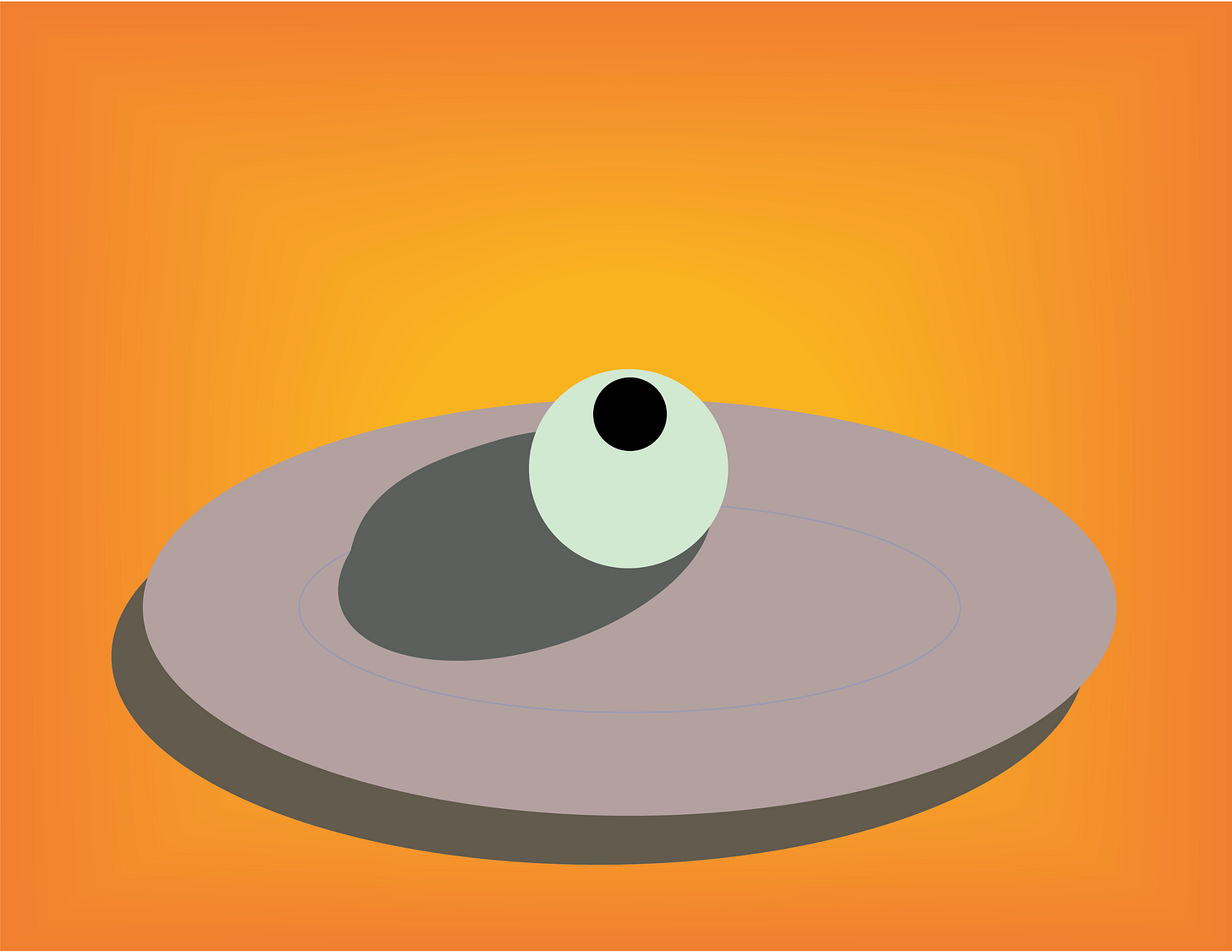Explaining ADHD
Some tips on explaining your ADHD to teachers, employers, friends & family
Explain What ADHD is—and is Not
“It is not… just a matter of being overactive and inattentive,” writes Russel Barkley.1 To name a few marquee symptoms, people with ADHD also have difficulty: managing time, maintaining a long-term view of their goals, and changing tasks abruptly. They can be impulsive and unfiltered in conversations, but dynamic, intuitive and full of insight.
Use an Analogy
The best analogy for ADHD I’ve read comes from Ned Hallowell,2 who likens the syndrome to nearsightedness. Try something like, “just like glasses help some people to see better, with the right structures in place I can pay attention better.”
Brag a Little
Be humble. Acknowledge that ADHD has its foibles, but be ready to emphasize the positives of ADHD—the creativity, curiosity and energy—as well.
You’re Not Defective
Be assured of this yourself: ADHD is not stupidity, badness, or a defect in you as a person.
How Can They Help You?
Define for this person how they can best support you. If a loved one, perhaps what you need is compassion or patience, or written reminders on the fridge. With employers or teachers, you may ask for certain accommodations—text-to-speech software, recordings of lectures, permission to stand during meetings, etc.
Create Dialogue
Ask them if they have any questions for you about ADHD. Leave a comment below with what questions you have about ADHD.
Barkley, R. A. (2020). Taking charge of ADHD: The complete, authoritative guide for parents. The Guilford Press.
Hallowell, E. M.,& Ratey, J. J. (2011).Driven to distraction: Recognizing and coping with attention deficit disorder from childhood through adulthood. Simon & Schuster.


